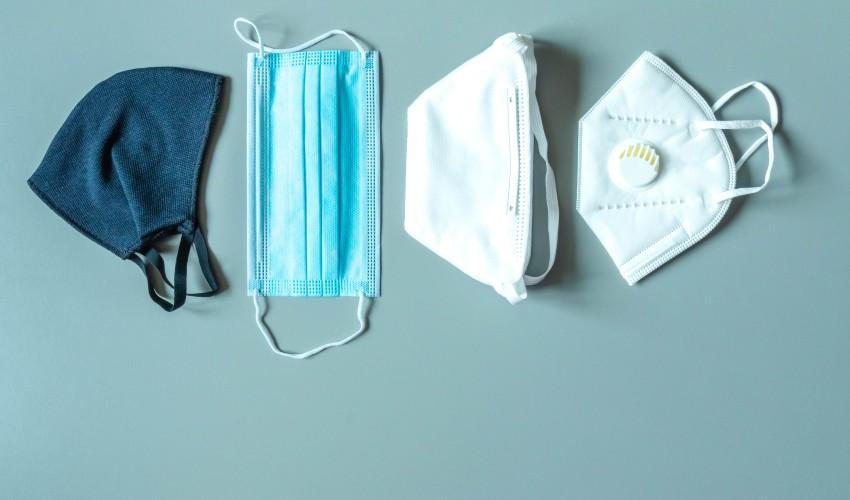
Resilience in Global Value Chains after COVID19: A Look at Medical Supplies
RESEARCH BY TORBEN PEDERSEN SHOWS THAT FACE MASKS AND GLOVES WILL CONTINUE TO BE PRODUCED IN LOW COST COUNTRIES, MORE COMPLEX PRODUCTS SUCH AS VACCINES AND VENTILATORS MAY FACE CHANGESGlobal value chains help businesses obtain efficiency through offshoring and just-in-time production, and have spread prosperity to the far corners of the globe. The COVID-19 pandemic has shown they are also more vulnerable than we thought. Building more resilience into global value chains is going to be an important focus for businesses and management studies going forward, says Torben Pedersen, who recently worked on the issue with Gary Gereffi at Duke University and Pavida Pananond of the Thammasat Business School.
“What is becoming obvious is that disruptions like this are becoming more and more frequent,” says Pedersen, Full Professor at Bocconi’s Department of Management and Technology, citing tsunami, fires, terrorism, trade wars, and financial crises as recent examples. “If these disruptions happen only every twenty years, the cost is bearable. If they start happening every four years, we need to rethink our global supply chains.”
Pedersen says he and his co-authors chose four medical supplies as cases (looking at masks, gloves, ventilators and vaccines) to gain a more sophisticated understanding of how value chains differ from one another in order to find ways of making them more resilient. For low-cost, high volume items like masks and gloves, a global supply chain “is still the most efficient way of organizing the global supply of relatively simple products, especially when the hospitals and medical distributors who are the main customers for these products push for low prices, lean inventories, and just-in-time purchasing,” the paper says. Shortage of these items during the pandemic was a policy failure rather than a market one, and these value chains will probably revert to their pre-pandemic form.
Vaccines and ventilators are another story. The more sophisticated the global value chain, the more vulnerable it is. Given the special competencies needed for their production, firms in the chain cannot easily be replaced. Building supply chains that are optimized for resiliency rather than economic efficiency is a long-term project involving re-shoring production when local suppliers become available, and building in extra capacity for key suppliers in the chain. And the role of the state is sure to be a key factor in their reconfiguration.
“This does not mean we need to stop globalization,” he says. “Firms need to slowly build more regional production, stocks, and slack into their supply chains.”
by Jennifer Clark
